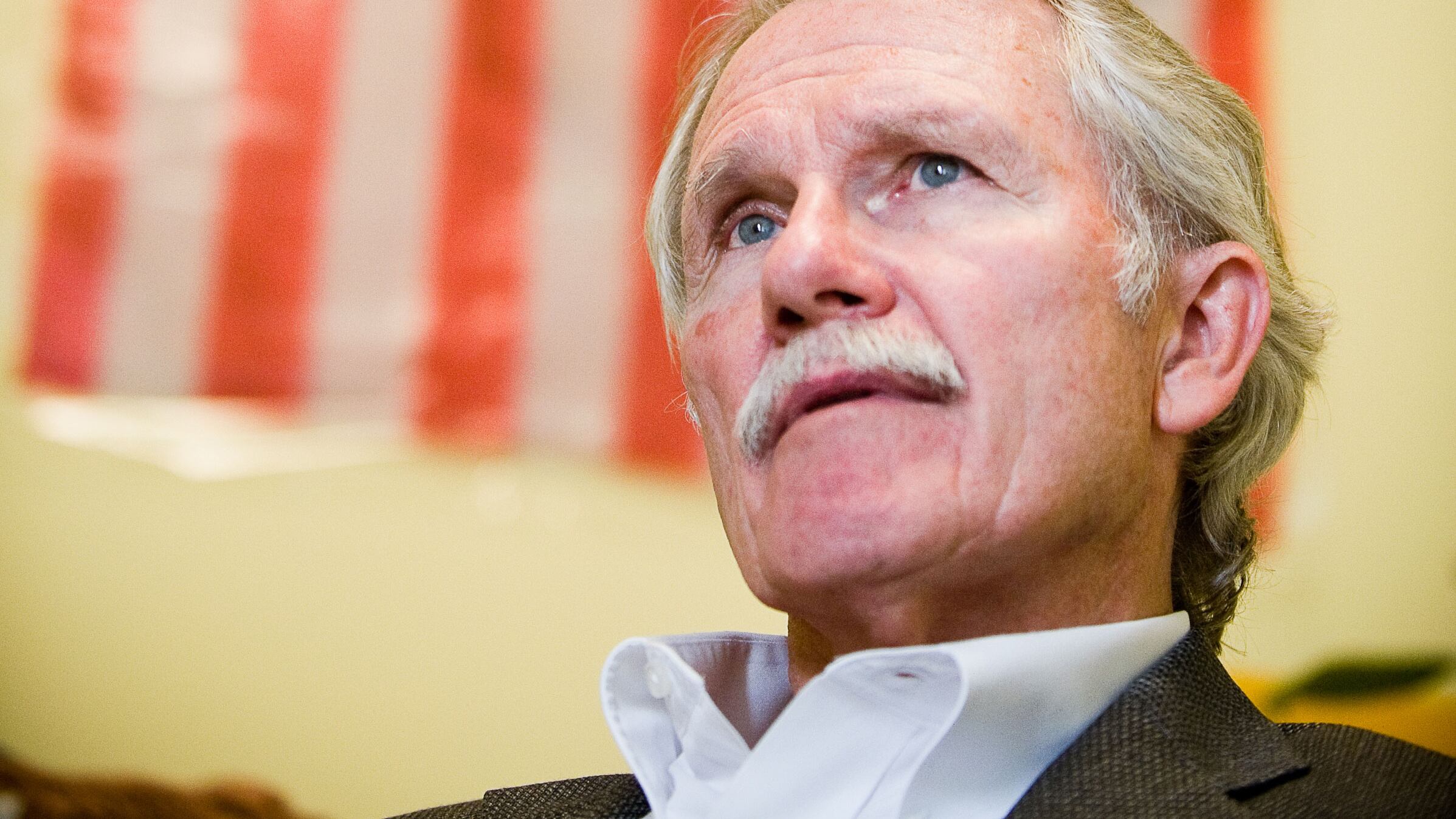The Oregon Government Ethics Commission today announced it will restart an inquiry into complaints filed against former Gov. John Kitzhaber and former first Lady Cylvia Hayes.
"The Oregon Government Ethics Commission has received information that indicates the U.S. Department of Justice has concluded their criminal investigation regarding former Gov. John Kitzhaber and Cylvia Hayes," wrote agency director Ron Bersin in a statement.
"The Commission's preliminary review was suspended in February 2015 when the criminal investigations began. The preliminary review will now resume."
Following an Oct. 8, 2014 WW cover story about Hayes' dual roles—she served as advisor to Kitzhaber on clean energy and economic development while also obtaining more than $225,000 in private consulting contracts in those areas—the ethics commission received a number of complaints.
At issue was whether Hayes had used her public position for private gain, in violation of Oregon laws prohibiting such actions and whether Kitzhaber, who had filed ethics forms indicating he shared a common household with Hayes, benefited financially from those contracts.
As WW reported earlier, prior to the filing of federal subpoenas in February 2015, Kitzhaber, Hayes and their attorney had arrived at an approach for handing the ethics complaints.
Here's how we described that strategy in a Feb. 17, 2015 cover story:
The strategy is spelled out in an email exchange between the governor and Steve Janik, a Portland lawyer representing Kitzhaber and Hayes before the ethics commission.
"As I understand it," Kitzhaber wrote to Janik on Dec. 22, 2014, "we will make the case that: (1) Cylvia is not a public official, and (2) that she is not a member of my household — and therefore that the OGEC has no jurisdiction in the matter and that the complaints should be dismissed."
Janik agreed. "We will argue," the attorney wrote back that same day, "that because Cylvia is not a member of your household, her activities pursuing private income cannot be attributed to you."
But the email exchange reveals something else: Despite the defense they were mounting, the governor and first lady had no interest in a long fight with the ethics commission.
"We will convey that we are willing to take this all the way and have a strong case for prevailing," Kitzhaber wrote to Janik on Dec. 22, 2014. "But the end game is not actually to have the complaints dismissed but rather to negotiate a stipulated settlement agreement in which we might acknowledge some minor mistakes we may have made and have the matter resolved at the March [2015] meeting. Do I have that right?"
Janik'€™s answer: "Your summary of the strategy is correct."

